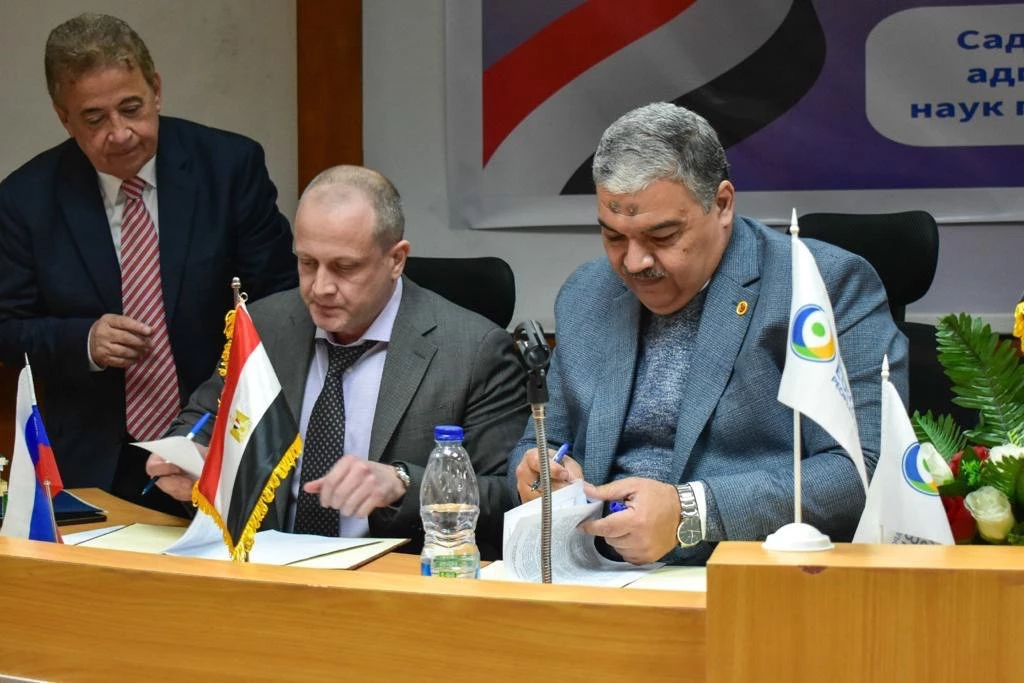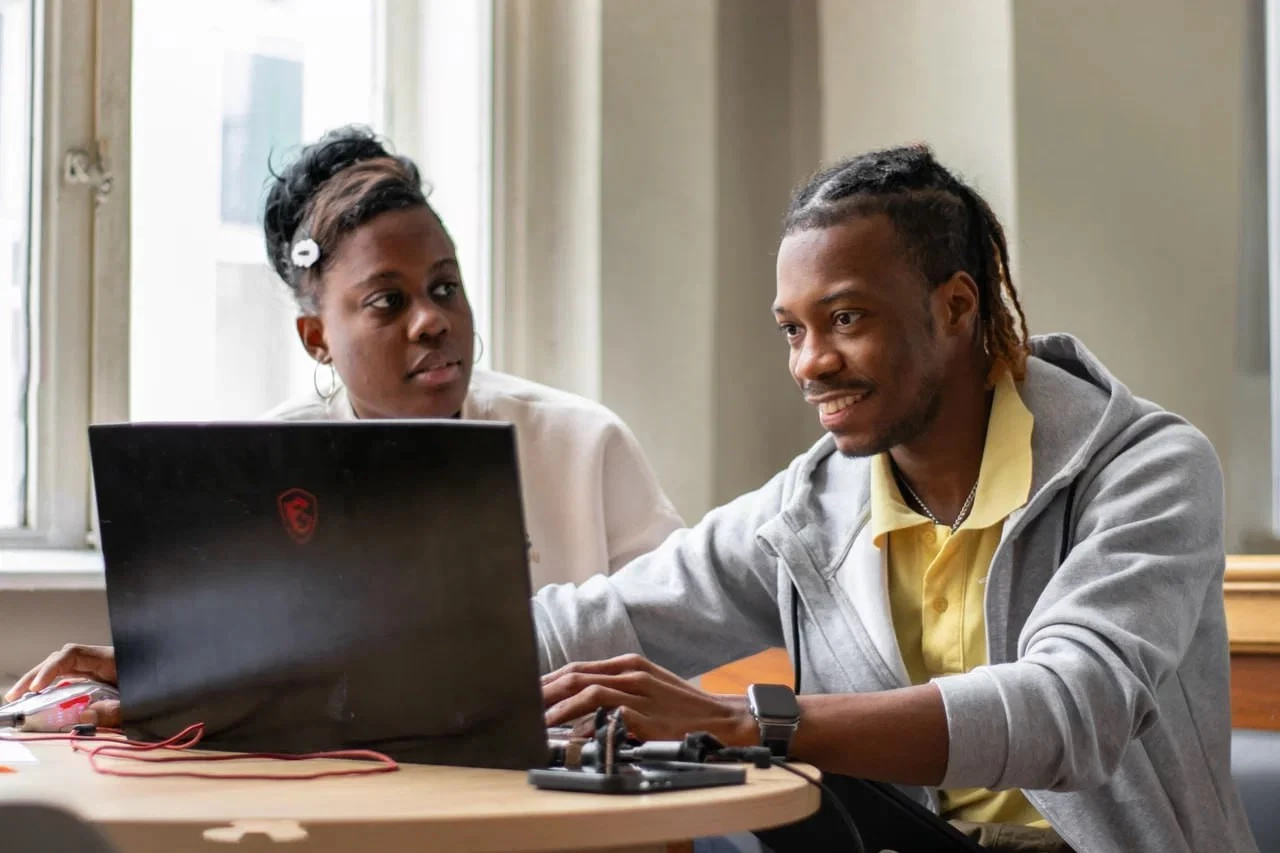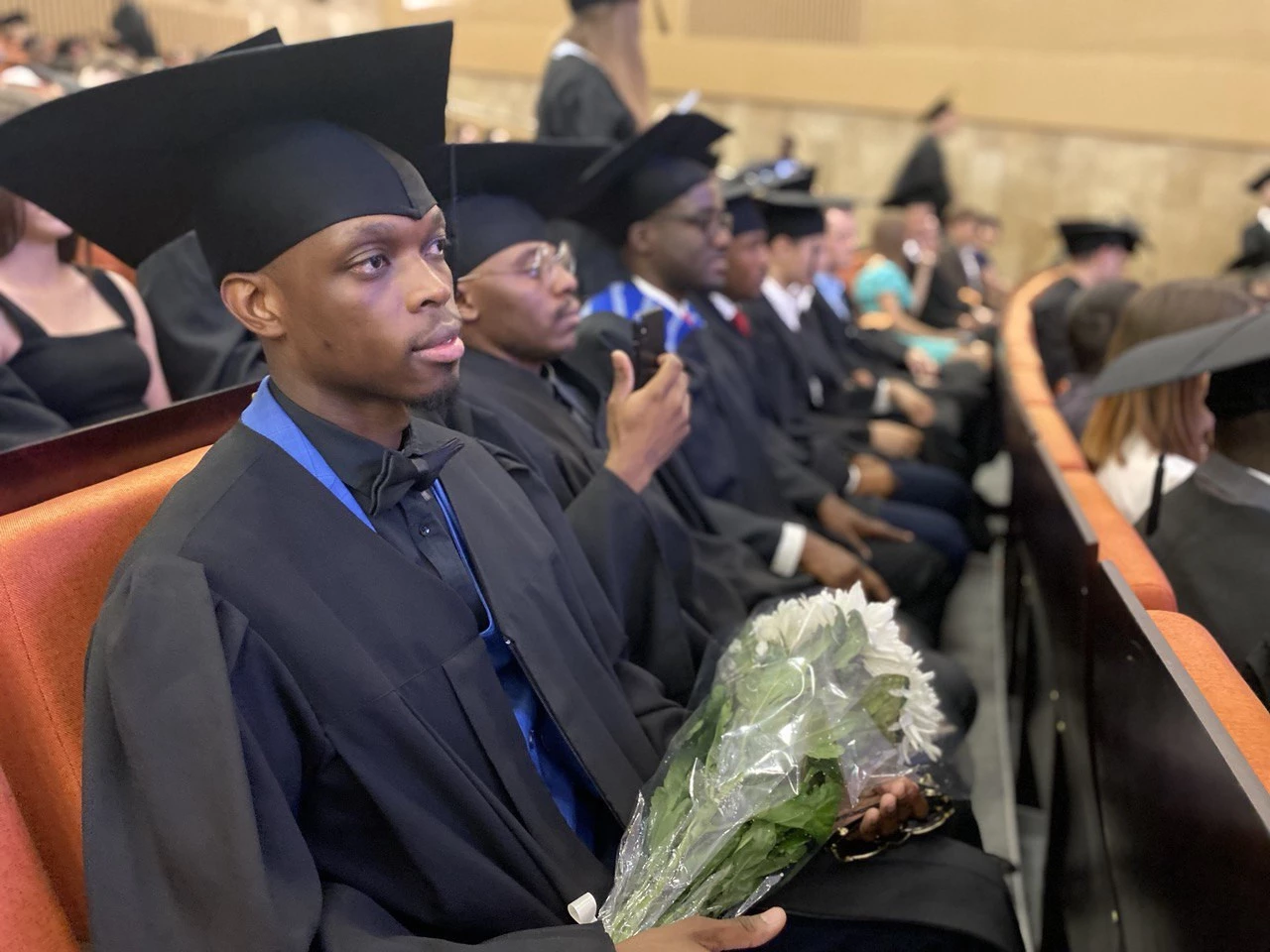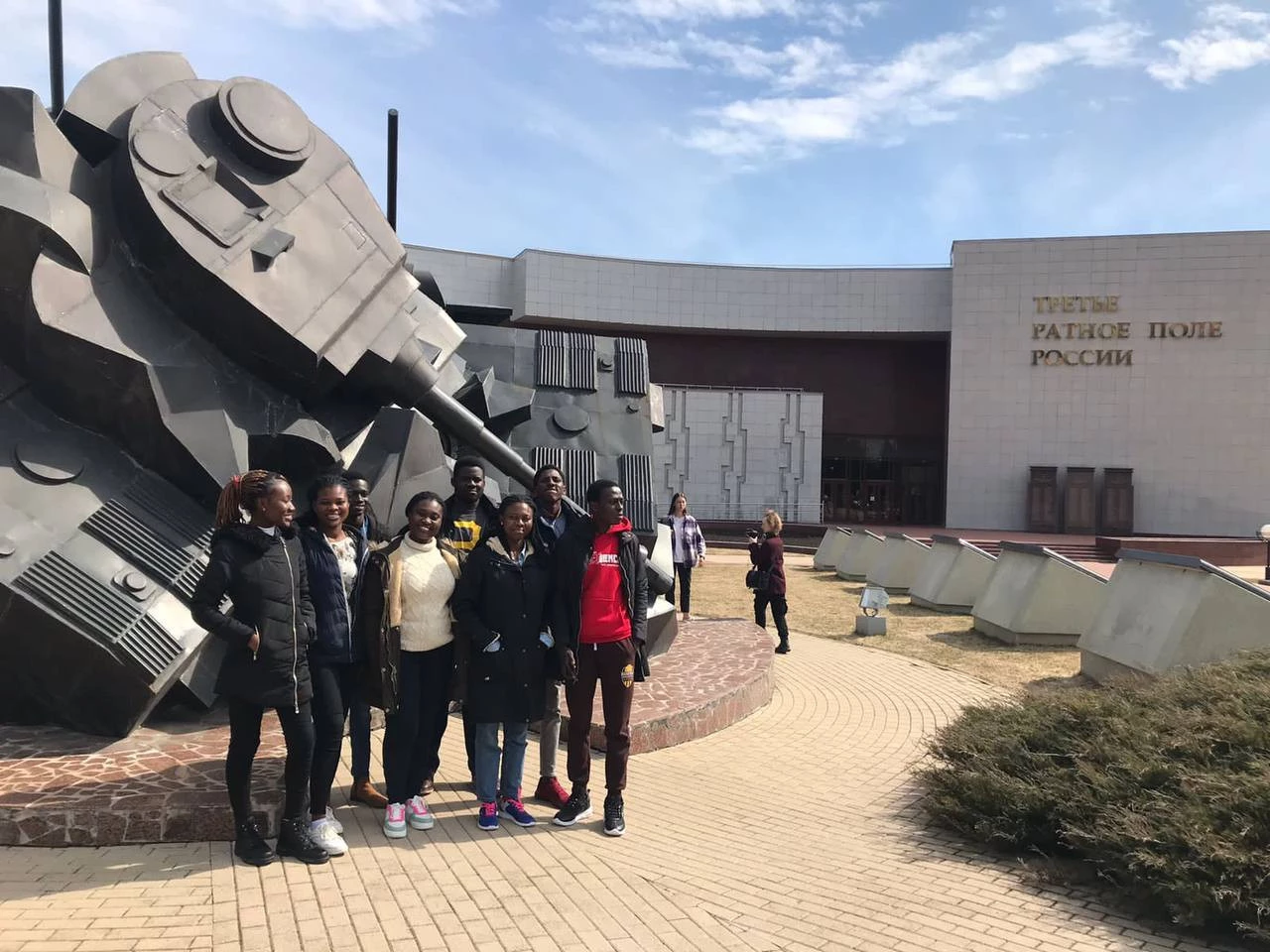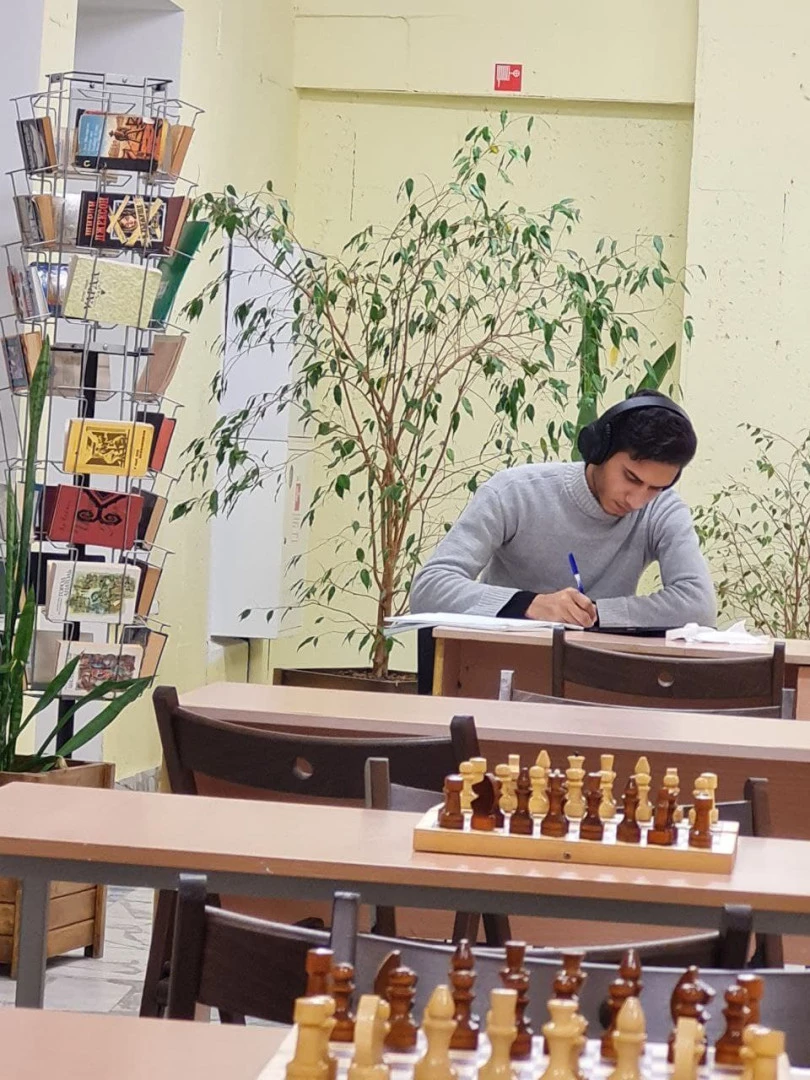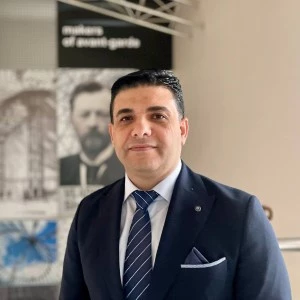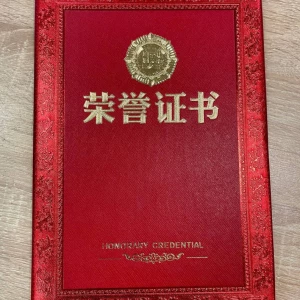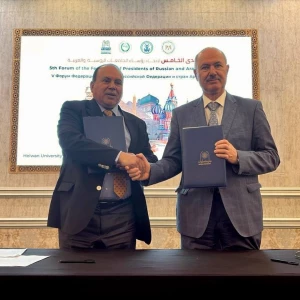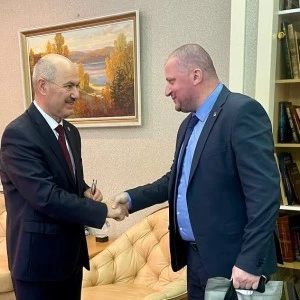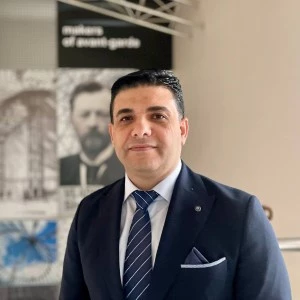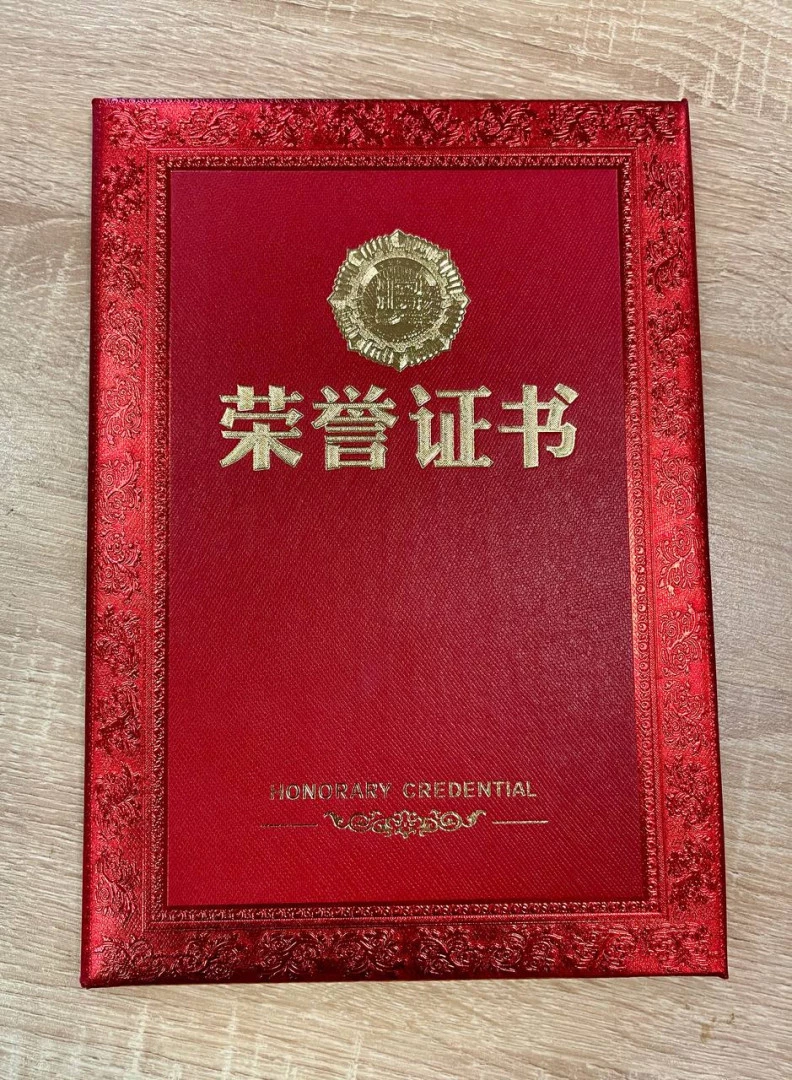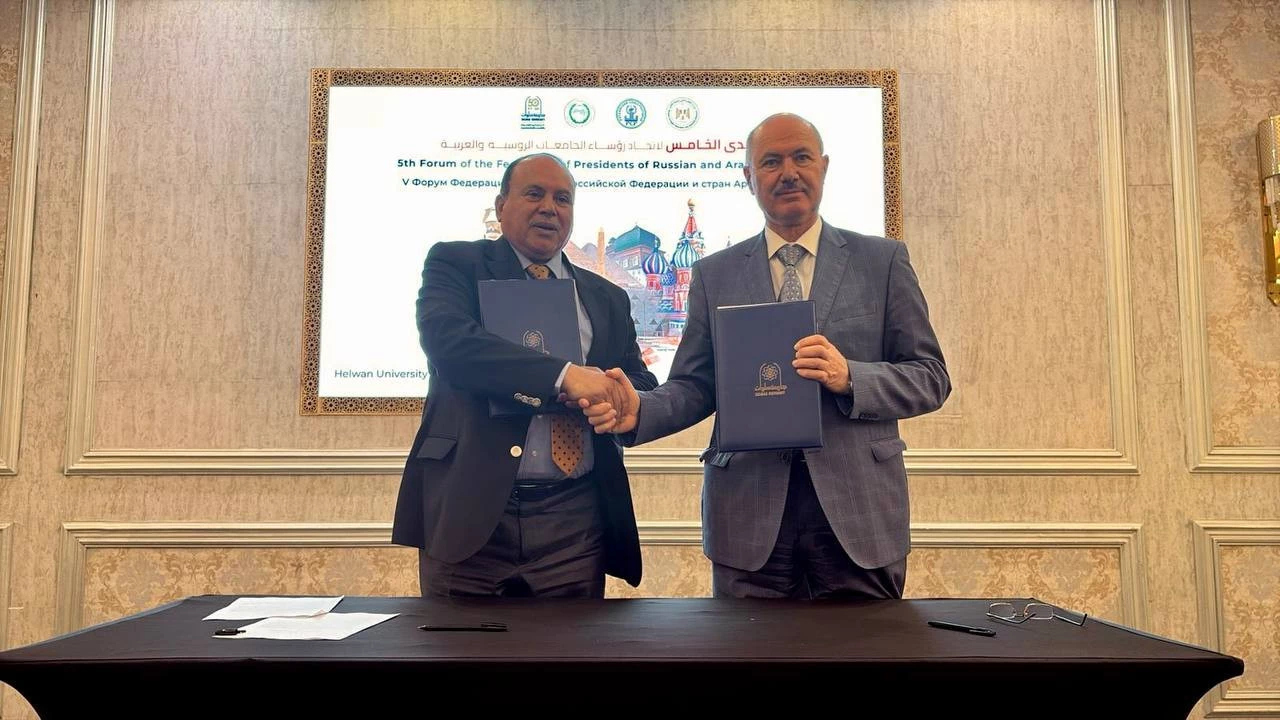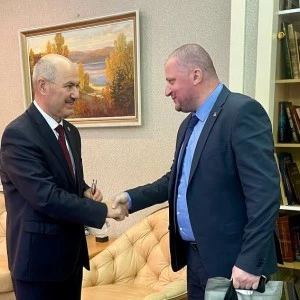About international educational projects and support for foreign students
Belgorod State Technological University named after Shukhov actively strengthens its international educational ties to improve the quality of education for international students. "As an international student living in Russia for over six years, I have witnessed the expansion of the university's presence in several countries and seen how many new opportunities are opening up for students."
Ruslan Lesovik, Vice-Rector for International Activities at BSTU named after Shukhov, spoke about important initiatives to strengthen international cooperation in training future specialists.
For reference: Ruslan Valerievich Lesovik, Vice-Rector for International Affairs (BSTU named after V.G. Shukhov). Doctor of Technical Sciences, Advisor to RAASN. The academic title of Associate Professor was awarded in 2007, Professor - in 2011. Chief of Staff of Student Construction Teams of BelGTASM. Deputy Director of the Center for Advanced Training of Specialists and Retraining of Personnel of BSTU named after V.G. Shukhov. Professor of the Department of building materials, products and structures. Chairman of the Commission on International Cooperation of the Council of Rectors of Universities of the Belgorod Region since the 2021 academic year. In 2022, he was elected Chairman of the Public Council under the Ministry of Construction of the Belgorod Region, Chairman of the Dissertation Council of the Russian Engineering Academy (RIA).
— Ruslan Valerievich, what had the main influence on your career?
— The main influence on my career was the university, within the walls of which I was fortunate to study. I met many outstanding scientists who worked and continue to work here. During my school and student years, thanks to my father, Valery Stanislavovich Lesovik, leading Russian scientists in the field of construction materials science visited our home, such as Pyotr Ivanovich Bozhenov, Igor Aleksandrovich Rybyev, Yuri Mikhailovich Bazhenov and many others. These scientists represented the scientific school of construction materials science in Russia, and I, as a schoolboy, was able to communicate with them. Perhaps this is what predetermined my choice in favor of science.
— Can you share any particularly memorable experience related to international activities?
— The first significant event organized at a high level in which I participated was the forum-meeting of the Association of Foreign Students (AIS), which took place in 1999 at our university. The Association was then headed by Gabriel Kochofa from Benin. The event brought together foreign students from Belgorod region, and thanks to Gabriel's efforts, more than 700 people came, some of whom arrived on several buses from Moscow.
The hall in the Student Palace of Culture was full. Representatives of the city administration and the governor of Belgorod region were present. It was an impressive event - something like this had never happened in the region before. During the forum, I met many representatives of the association of Russian and Soviet universities. It can be said that it was from this moment that the countdown of my international activities began. Later, Gabriel Kochofa later became the ambassador of Benin to the Russian Federation.
— How do you assess the development of international cooperation in the field of education?
— Currently, global processes are taking place in the world, and the agreements and mutual understanding that previously existed have been lost. It is necessary to build our own system of interaction within the SCO and BRICS. For example, it is important to create our own university rankings based on national education systems. Closer interaction can be established through national academies of countries, the Rectors' Union, as well as through connections between young people and university professors.
— Please tell us about the new international project initiated by you and its results.
— I was looking for opportunities for networking with Chinese universities and started cooperation with Linyi University. It is the largest university in Asia in terms of area (4,000,000 square meters) and student population, with over 39,000 students. During one of my trips three years ago, I met with the university management, told them about our university and the opportunities for cooperation. Our cooperation was agreed upon with the Chinese Ministry of Education, and now we have over 300 students studying there under the mechanical engineering program. Every year, lecturers go there at the expense of the Chinese side. This year, over 20 teachers visited Linyi University and conducted training for students.
— What initiatives to support and accompany foreign students are being implemented at BSTU named after Shukhov?
— We provide foreign students with the opportunity to participate in various sports sections for free, to take part in all cultural and mass events. Next semester, we plan to provide discounts on tuition fees for foreign students who are excellent students.
— How many foreign students are currently studying at the university and from which countries?
— We currently have about 1,600 foreign students from 72 countries, including students from China who are studying as part of network interaction. Our university, like all of Russia, is always open to interaction with other countries and cultures.
— What are the goals of the university's international activities?
— The Russian President has set the task of increasing the number of foreign students in the country to 500 thousand by 2030. In this regard, our goal is to significantly increase the influx of foreign students. In addition, it is necessary to actively cooperate with our partners to participate in international joint grants so that each institute of our university implements a network program similar to the one we are implementing with the Chinese university.
— What advice would you give to students who want to participate in international projects?
— I would like to address foreign students and encourage them to actively participate in all grants implemented by the Ministry of Science and Higher Education of the Russian Federation. Russia offers many opportunities for study, and we are glad to see students from different countries.
There is grant support through the Olympiads, which covers not only the scholarship, but also insurance, accommodation and even flights. Currently, we have many students studying under the quota. To do this, you need to submit documents and study well. In case of successful studies, we can petition the ministry to continue the students' education in the master's or postgraduate programs on a budgetary basis.
We strive for mutually beneficial cooperation: if you study well, we will do everything possible to support you in your educational path.
Interviewed by Fadeusz Kosinski J. Paxton Bradley, student of the DPO course "Digital Media Communications"



